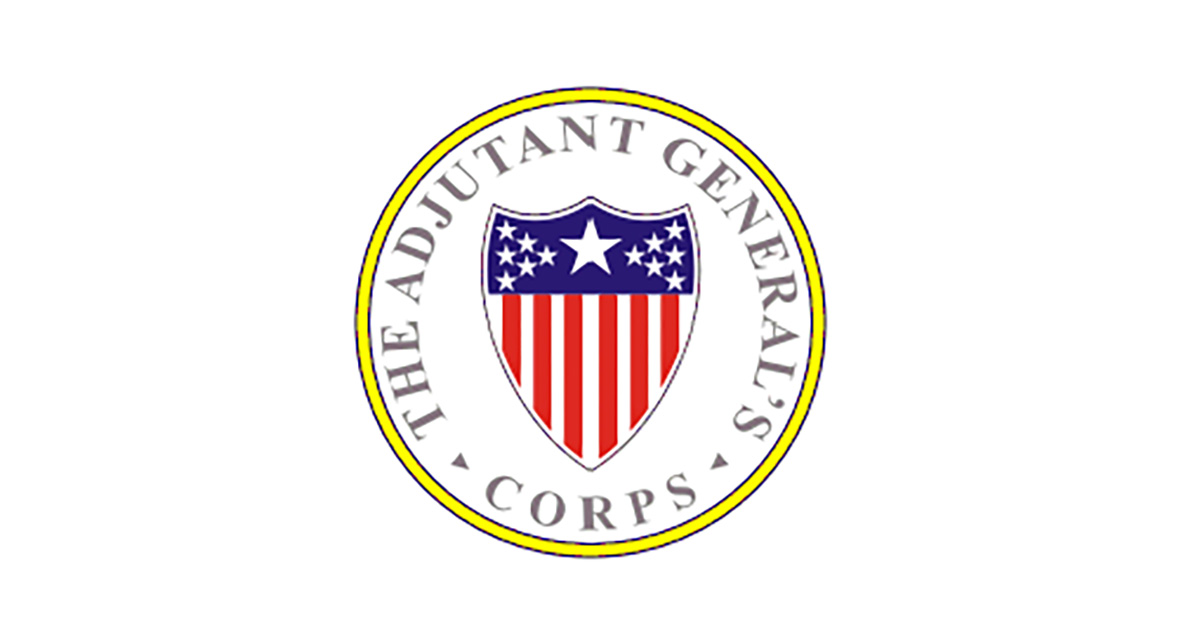[Argument For] Constructive or Equivalent Credit for Warrant Officer
Professional Military Education
By CW3 Meirong W. Magee, Adjutant General’s Corps
Article published on: October 1st 2024, in the
October-December 2024 Edition of Strength in Knowledge: The Warrant Officer
Journal
Read Time:
< 3 mins

The U.S. Army modernizes the force by prioritizing the development and
management of its People through strategies like the Army People Strategy,
Army Talent Management Strategy, and Army University Strategy. The Army
emphasizes lifelong learning, builds diverse expertise, and empowers
Soldiers through flexible educational and career development pathways. The
Warrant Officer Career College should extend constructive credit options to
broaden learning, increase training flexibility, and diversify expertise,
better preparing warrant officers for modern warfare’s complex challenges.
Extending Professional Military Education (PME) constructive credit options
for warrant officers aligns with the Army Innovation Strategy to offer
creativity and innovation training to employees and management, which will
broaden warrant officers’ learning experiences (U.S. Army, 2017). As the
Army continues modernizing processes and operating environment, innovative
education is a way to modernize our People. The Army has consistently
produced and developed high-quality commissioned officers through different
credentialing programs and advanced civil schooling. The basic branch
officers may receive partial Intermediate Level Education (ILE) credit
through approved credentialing programs (HQDA, 2017). The Army could
similarly develop warrant officers’ common skills through credentialing
programs and advanced civil schooling. For example, many credited
advanced-level master’s or higher programs, such as MBA or master’s degree
in organizational leadership, develop executive writing and communication
skills that align with warrant officer ILE programs of instruction (POI)
writing and communication modules.
Extending PME constructive credit options for warrant officers promotes
training flexibility and shortens the training pipeline, a crucial need as
the Army operates under resource constraints. All warrant officers must
complete a five-week WOILE course, regardless of prior advanced education,
except those who complete the ILE 10-month resident, nonresident, or common
core satellite campus (HQDA, 2017). By offering an expedited WOILE version
for those with advanced education, the Army can streamline the training
process, focus on strategic-level doctrines, and reduce the demand for
resources and staffing at the Warrant Officer Career College (WOCC). The
Army Credentialing and Continuing Education Service offers flexible and
relevant education programs and credentialing certifications (U.S. Army,
2023). Some warrant officers might already obtain the common skills through
advanced education programs or certifications. Recognizing the constructive
credits between military and civilian education programs aligns with the
Army Innovation Strategy, which encourages efficient use of resources and
innovative training approaches.
Extending PME constructive credit options for warrant officers motivates
individuals to take on challenging operational/strategic assignments,
ultimately diversifying expertise and supporting the Army’s talent
management objectives. Recognizing operational experience encourages
continuous learning and creates a more dynamic career pathway for warrant
officers. TRADOC, WOCC, G-3/5/7, G-1, and Branch Proponents could establish
criteria for PME constructive credit based on operational experiences and
achievements, enabling warrant officers to diversify their professional
development and take on more complex roles across the force. The DA Pam
600-3 outlines the professional development of warrant officers (HQDA,
2023). However, the Army lacks sufficient policies to incentivize warrant
officers to take on some assignments. Recognizing operational assignments as
constructive credit could be a motivational strategy.
Expanding constructive credit options for warrant officers would enhance the
Army’s ability to manage talent, modernize education, and prepare its
leaders for the challenges of modern warfare. Lifelong learning should
encompass a broad range of opportunities beyond military institutional
training, fostering the development of knowledge, skills, and behaviors
critical for Army leaders. As warfare evolves, the Army must ensure its
leaders adapt quickly and apply diverse perspectives to emerging challenges.
By recognizing the value of advanced civilian education and experience, the
Army can create more flexible training pathways, streamline the PME system,
and better equip warrant officers to serve as adaptable, strategic leaders.
References